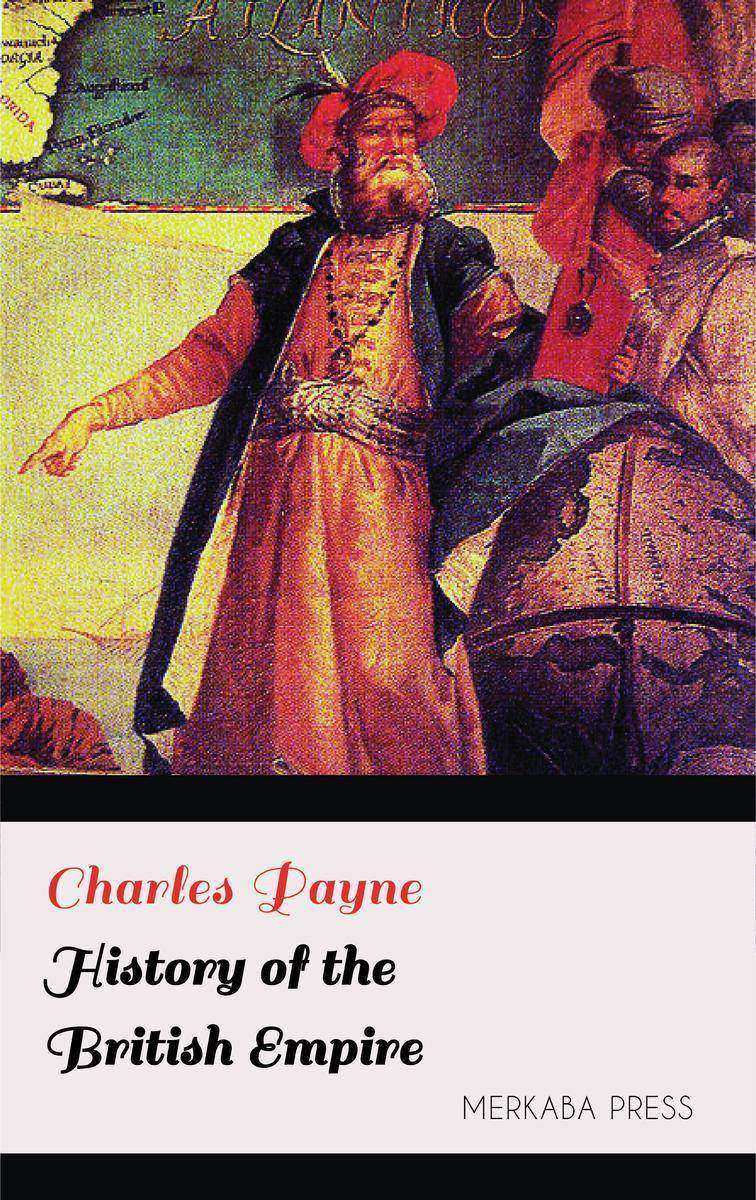
History of the British Empire
¥8.09
History of the British Empire
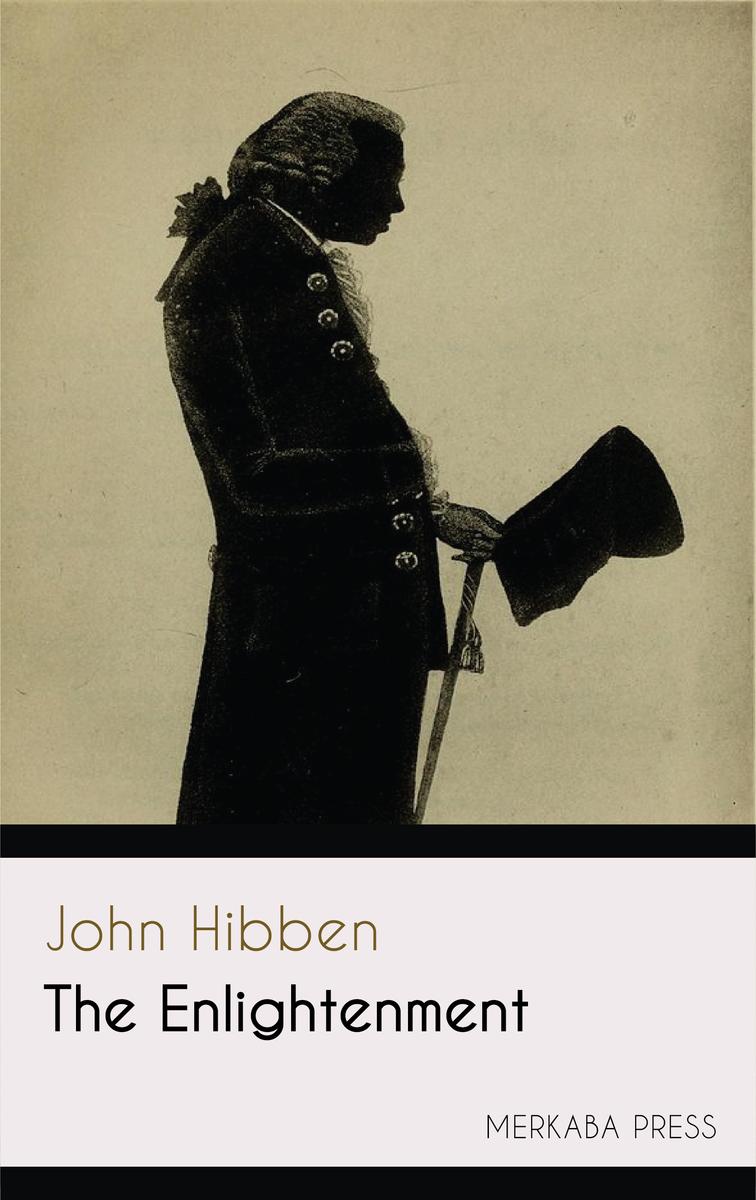
The Enlightenment
¥8.09
The Enlightenment
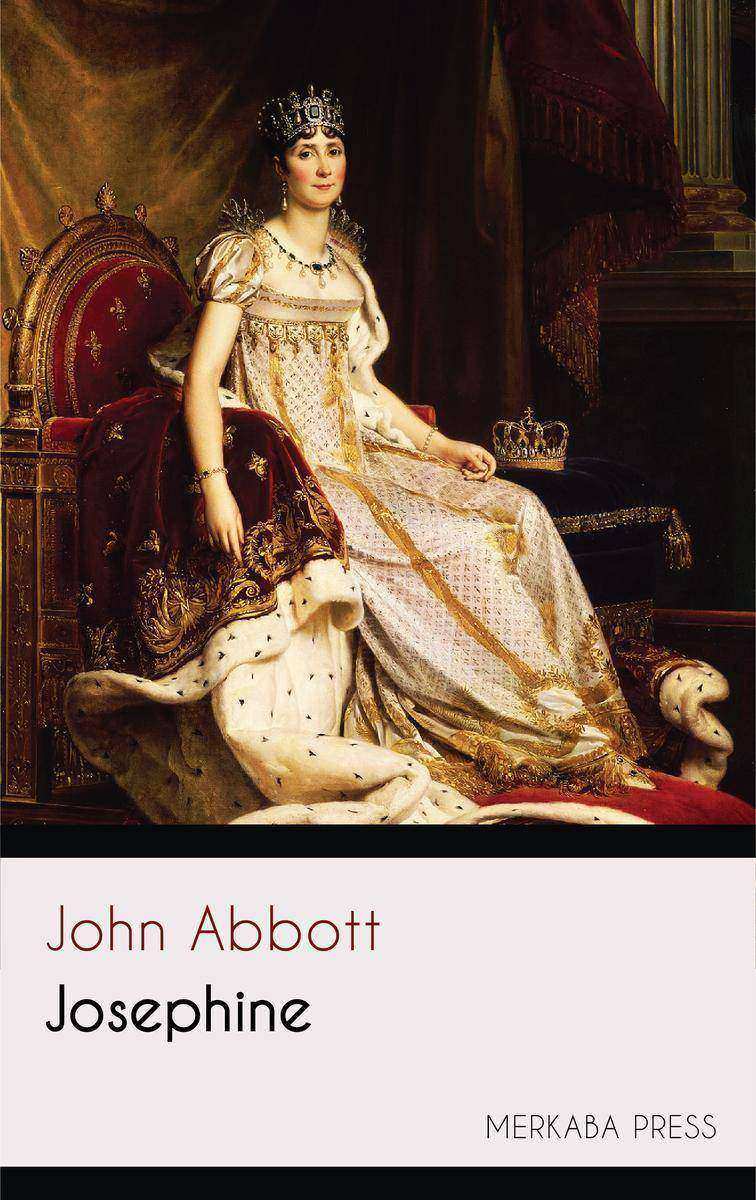
Josephine
¥8.09
Josephine
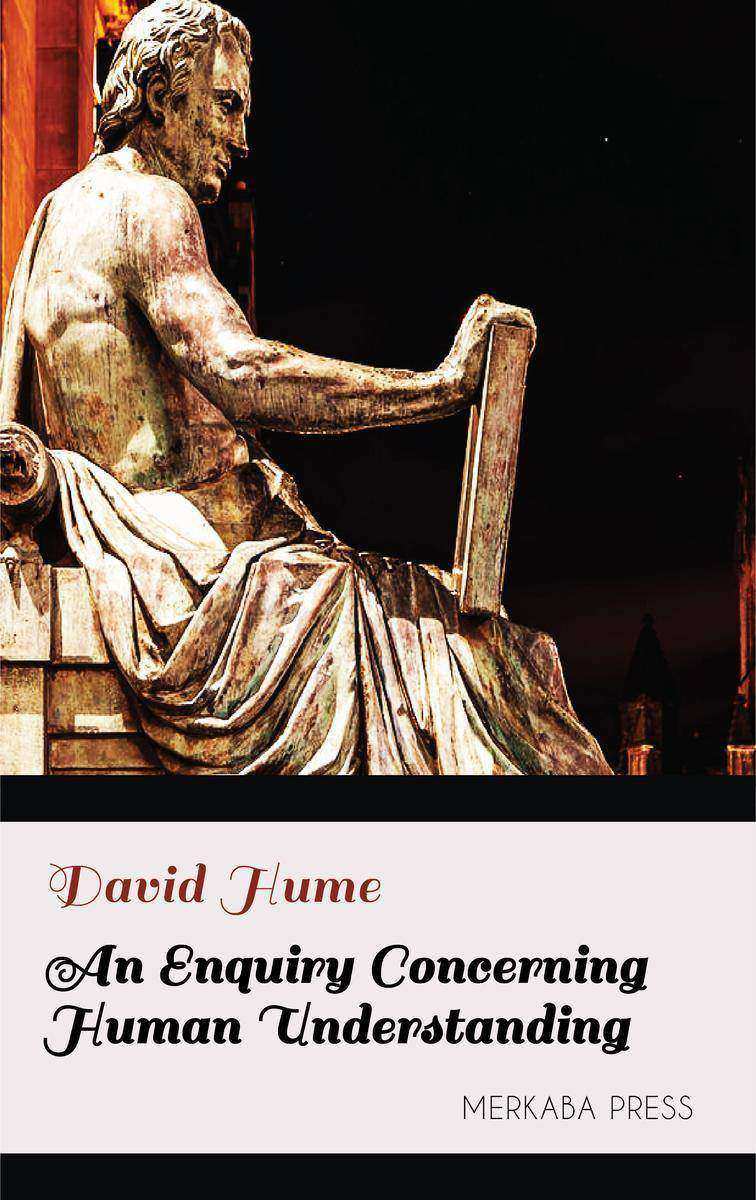
An Enquiry Concerning Human Understanding
¥8.09
An Enquiry Concerning Human Understanding
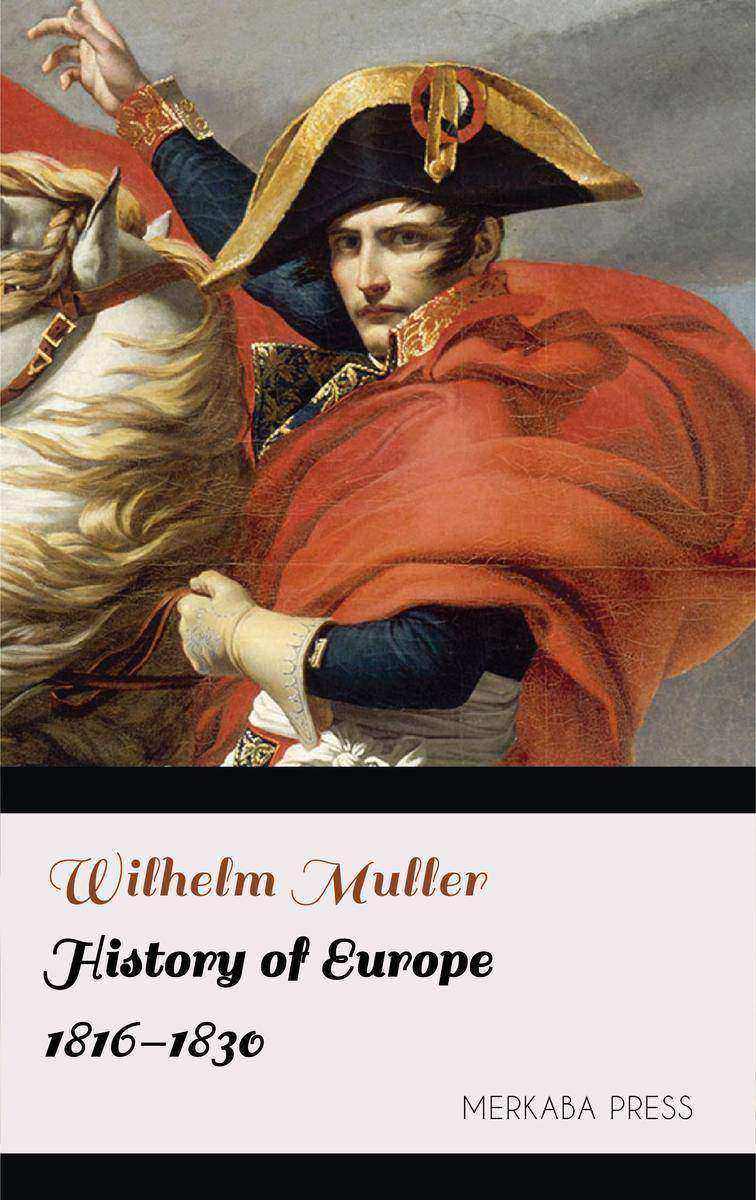
History of Europe 1816-1830
¥8.09
History of Europe 1816-1830
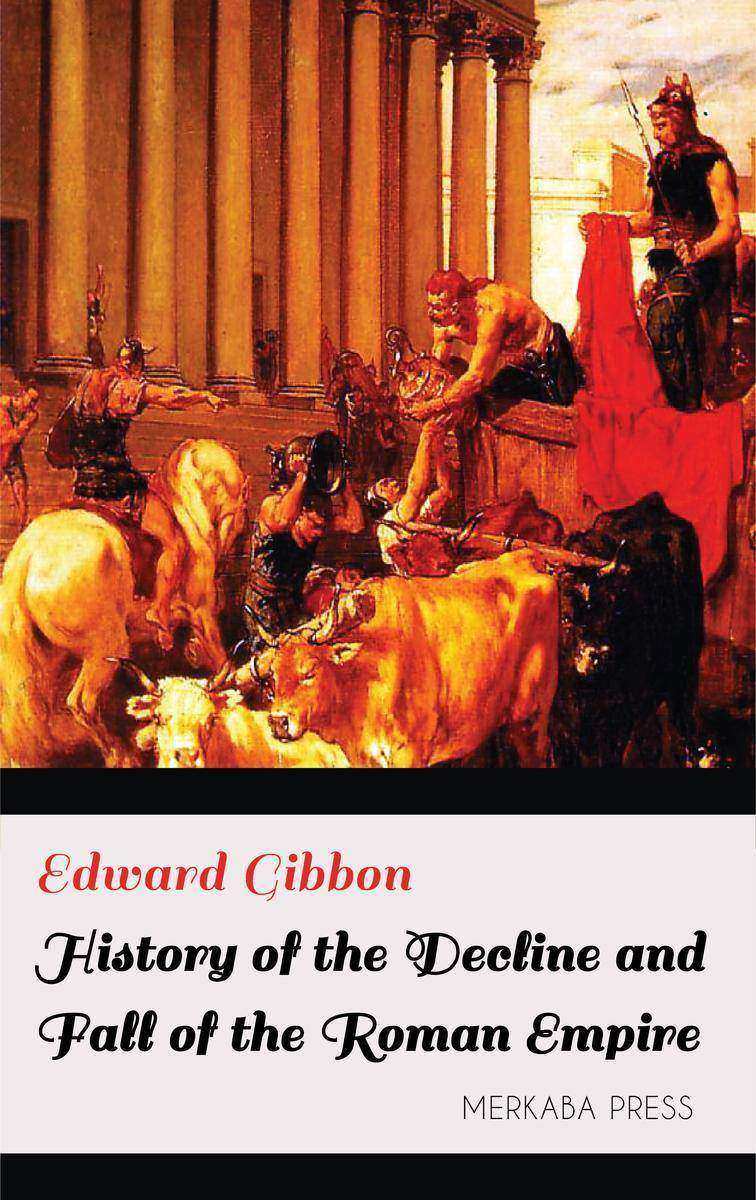
History of the Decline and Fall of the Roman Empire
¥8.09
History of the Decline and Fall of the Roman Empire
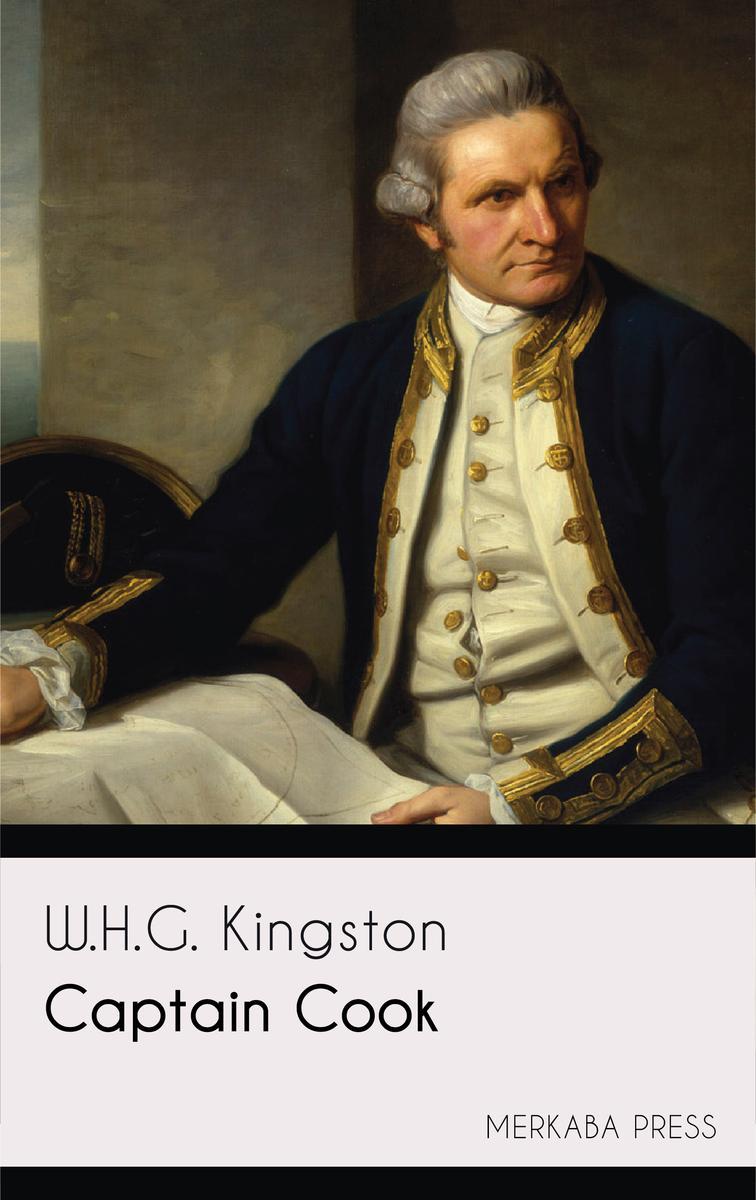
Captain Cook
¥8.09
Captain Cook
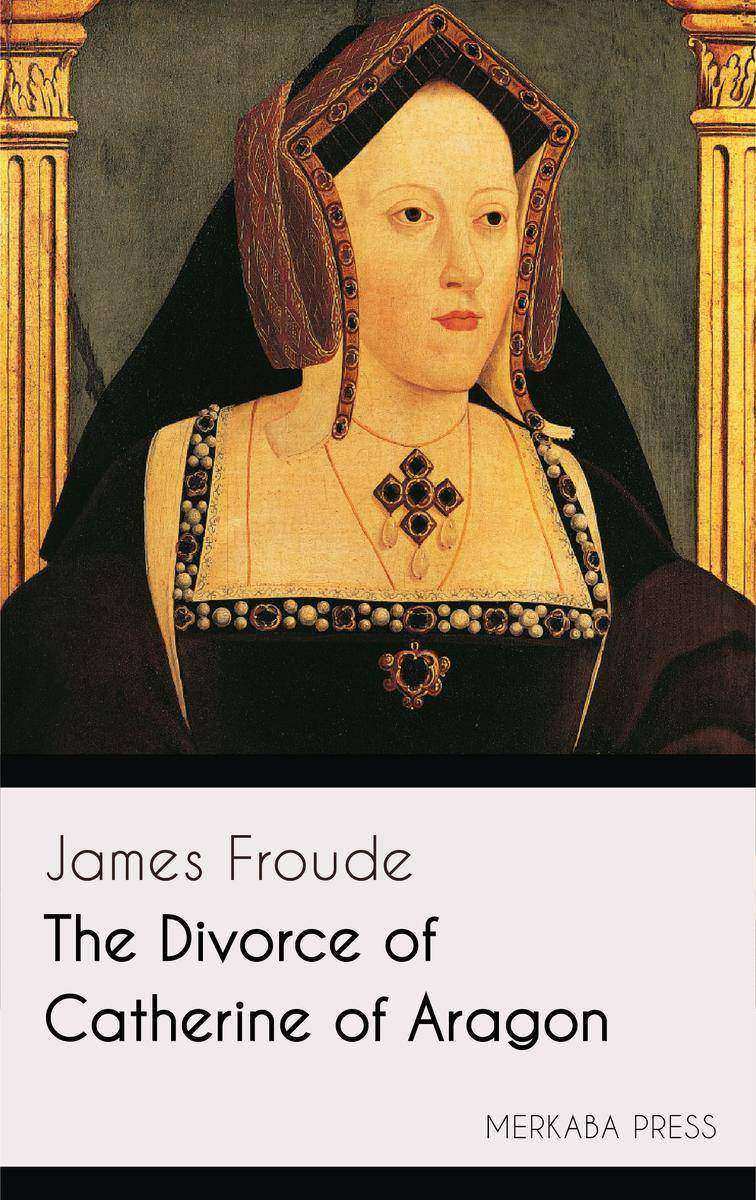
The Divorce of Catherine of Aragon
¥8.09
The Divorce of Catherine of Aragon
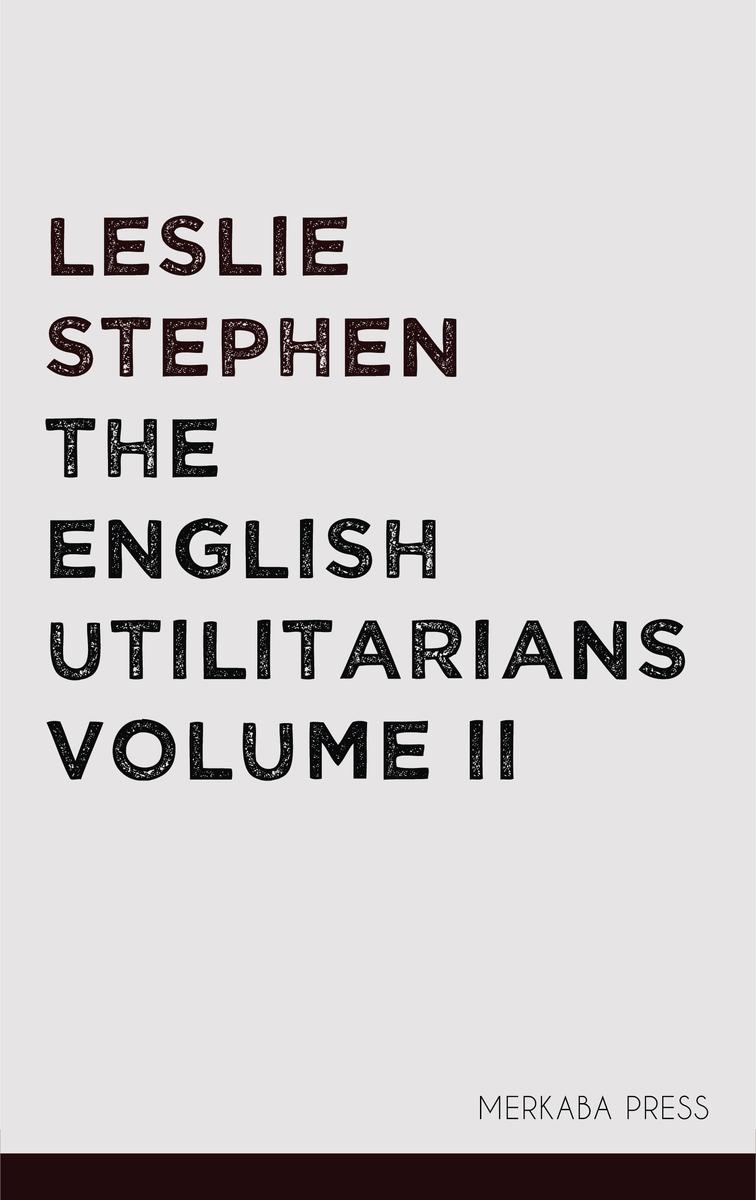
The English Utilitarians Volume II
¥8.09
The English Utilitarians Volume II
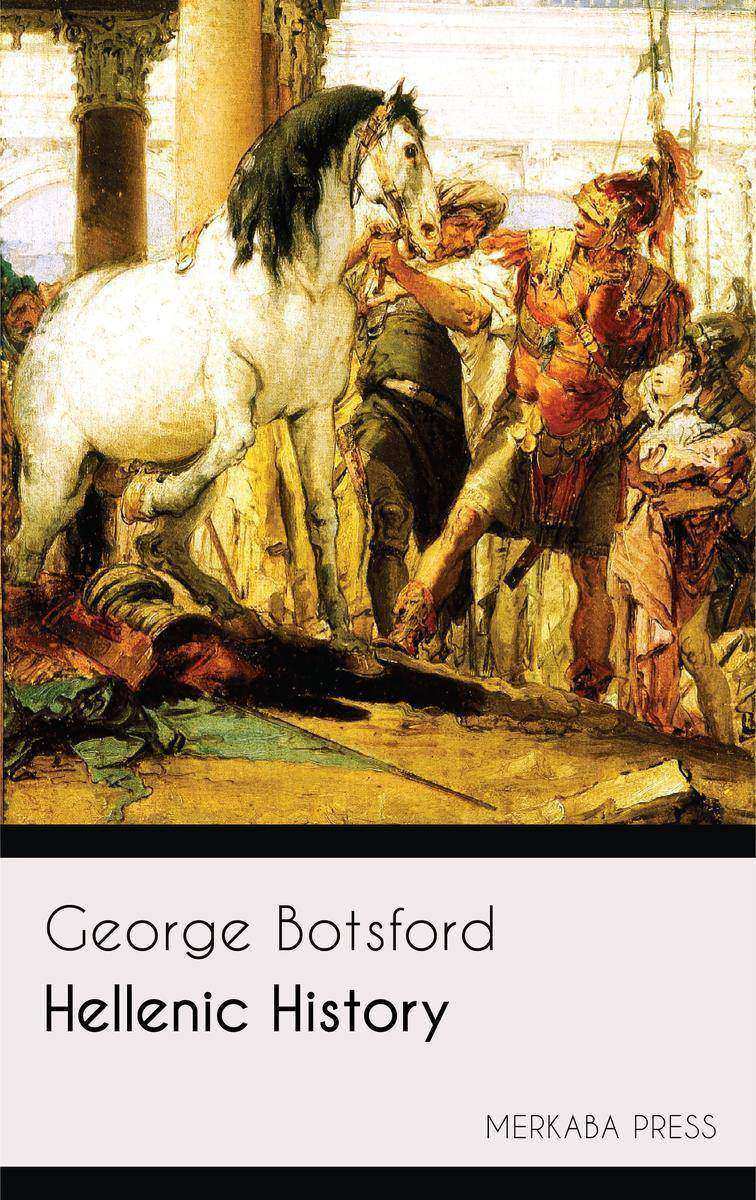
Hellenic History
¥8.09
Hellenic History
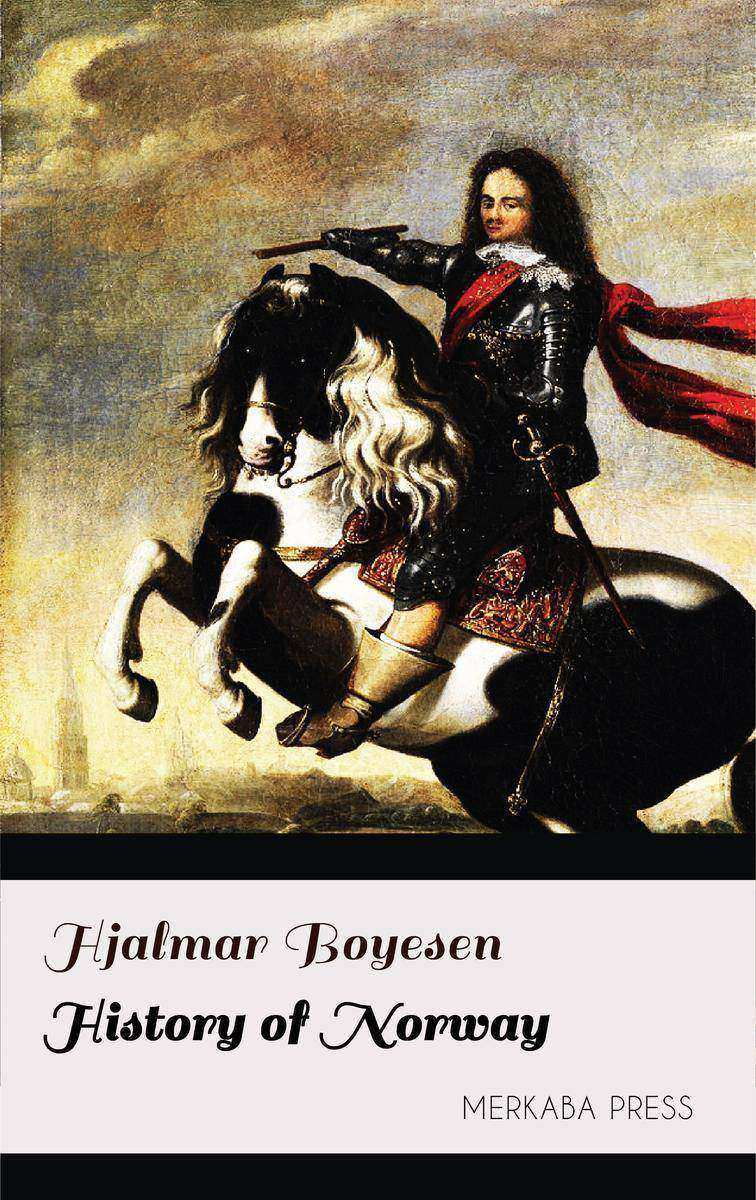
History of Norway
¥8.09
History of Norway
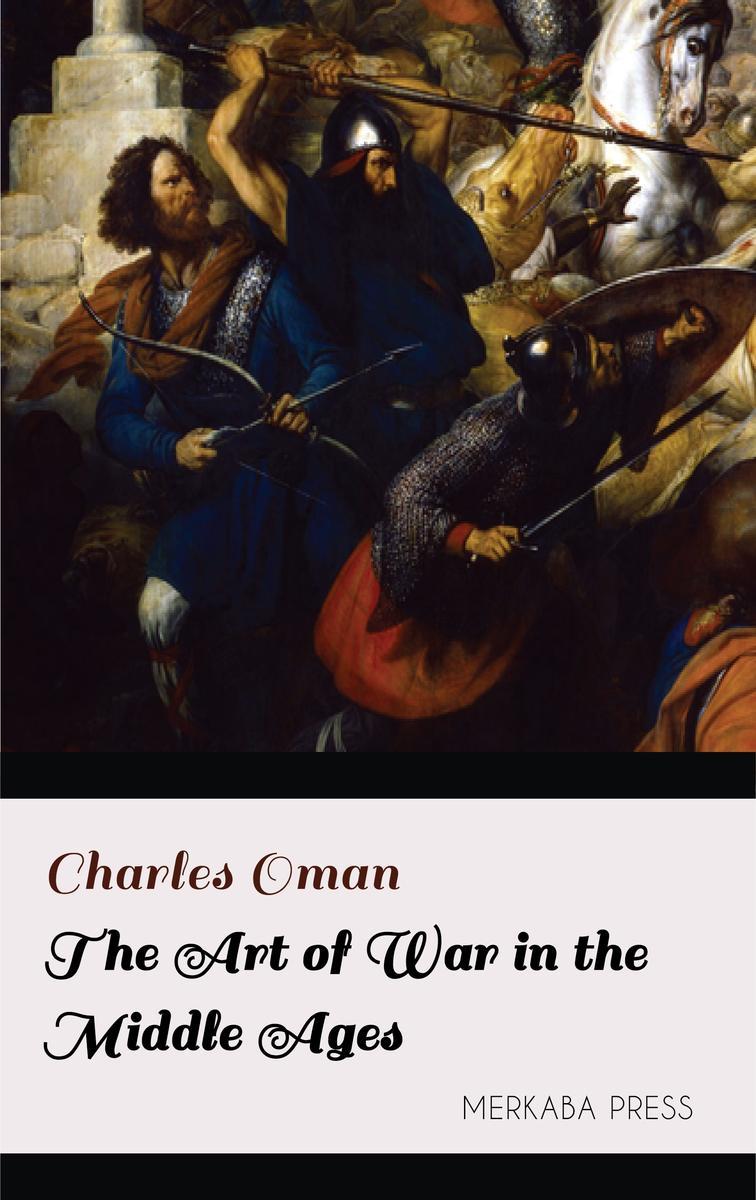
The Art of War in the Middle Ages
¥8.09
The Art of War in the Middle Ages
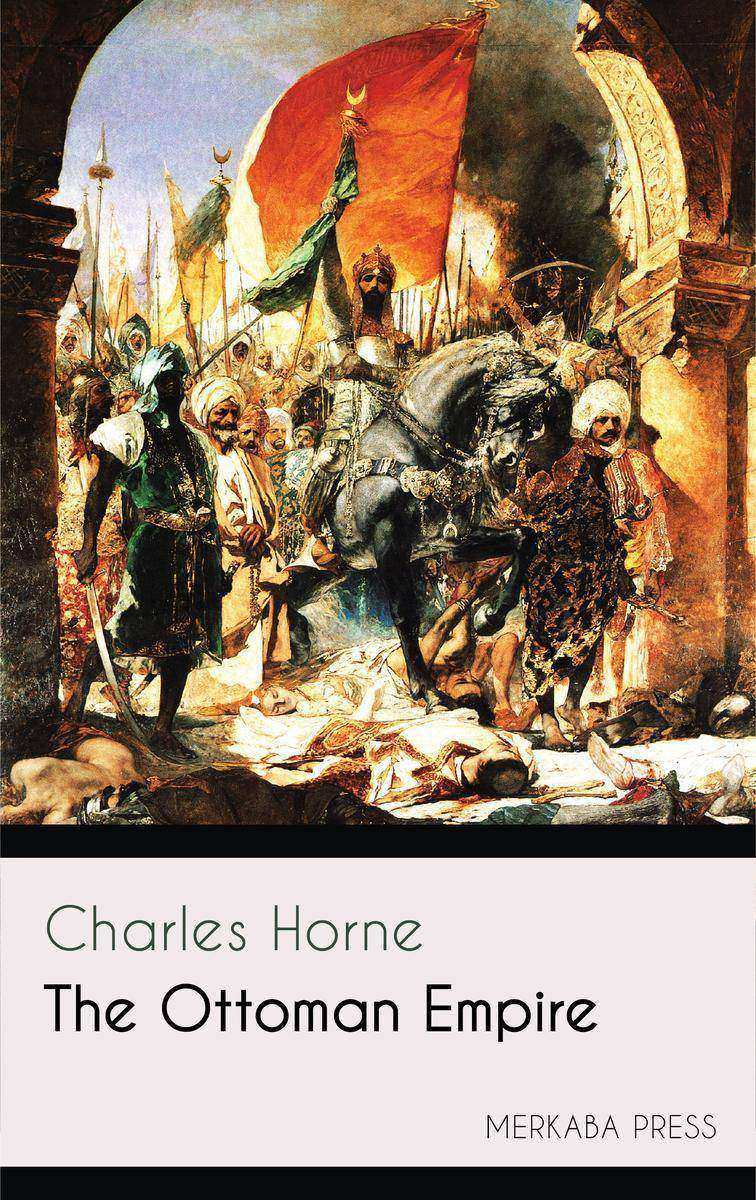
The Ottoman Empire
¥8.09
The Ottoman Empire

Haydn
¥8.09
Haydn
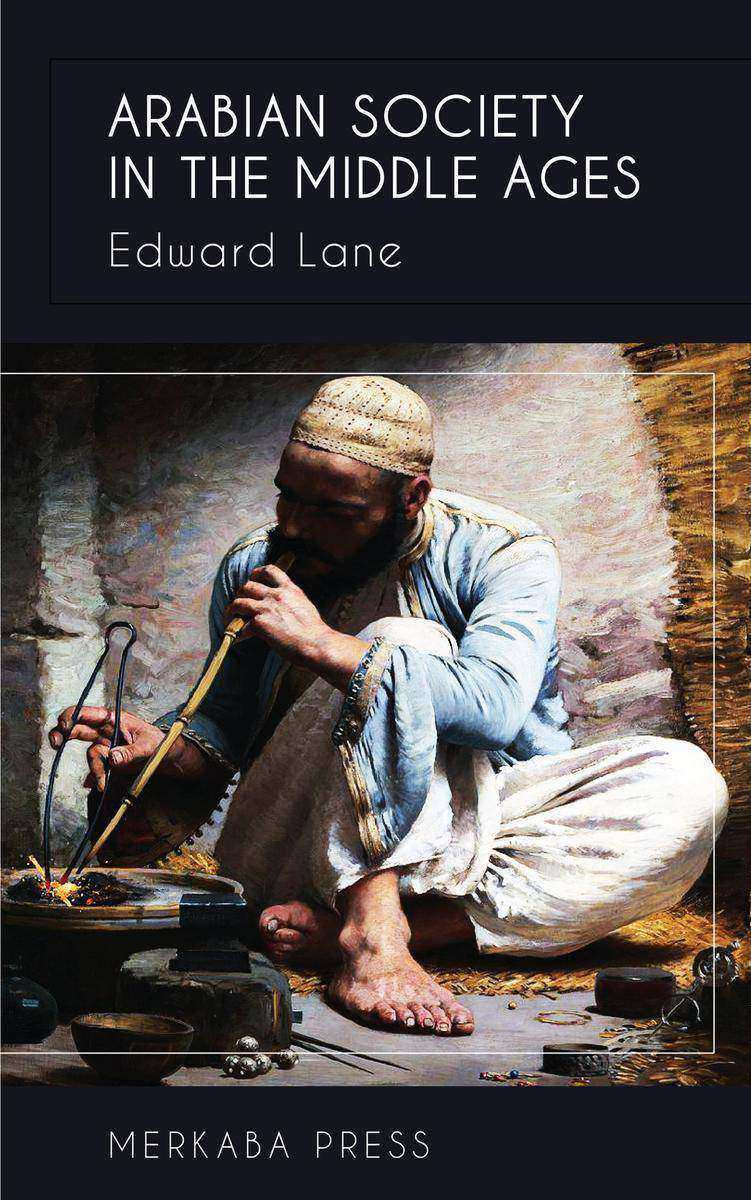
Arabian Society in the Middle Ages
¥8.09
Arabian Society in the Middle Ages
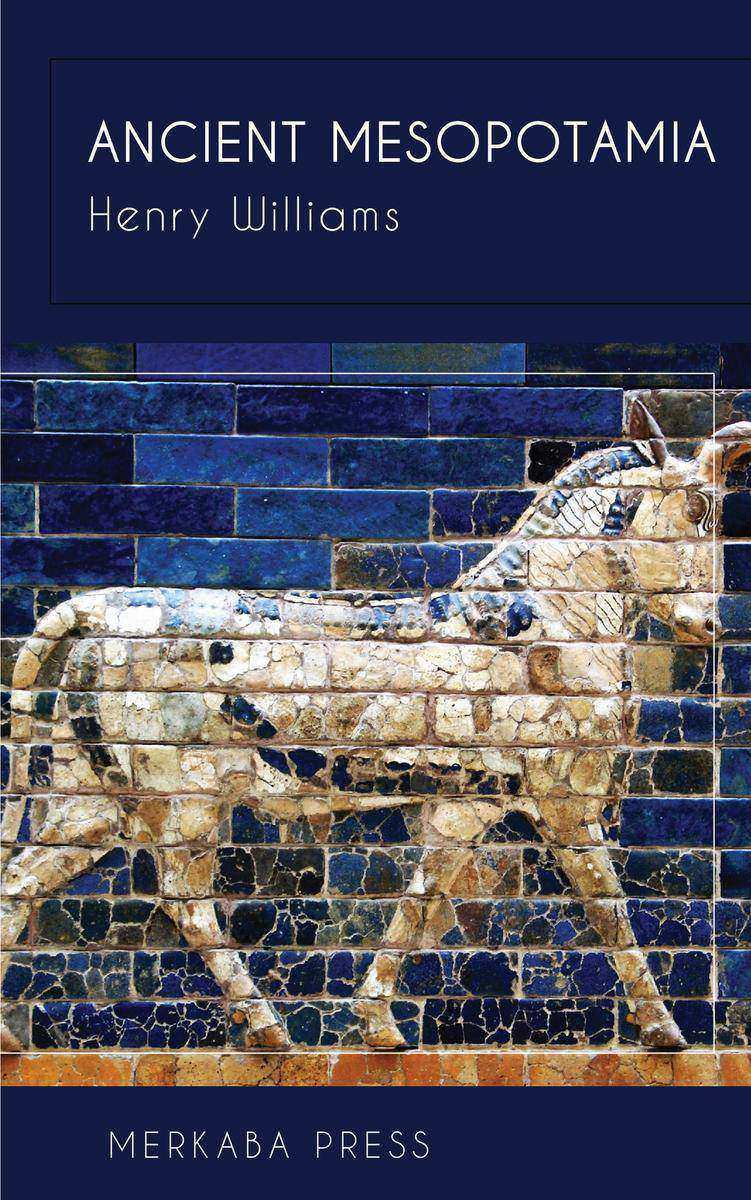
Ancient Mesopotamia
¥8.09
Ancient Mesopotamia
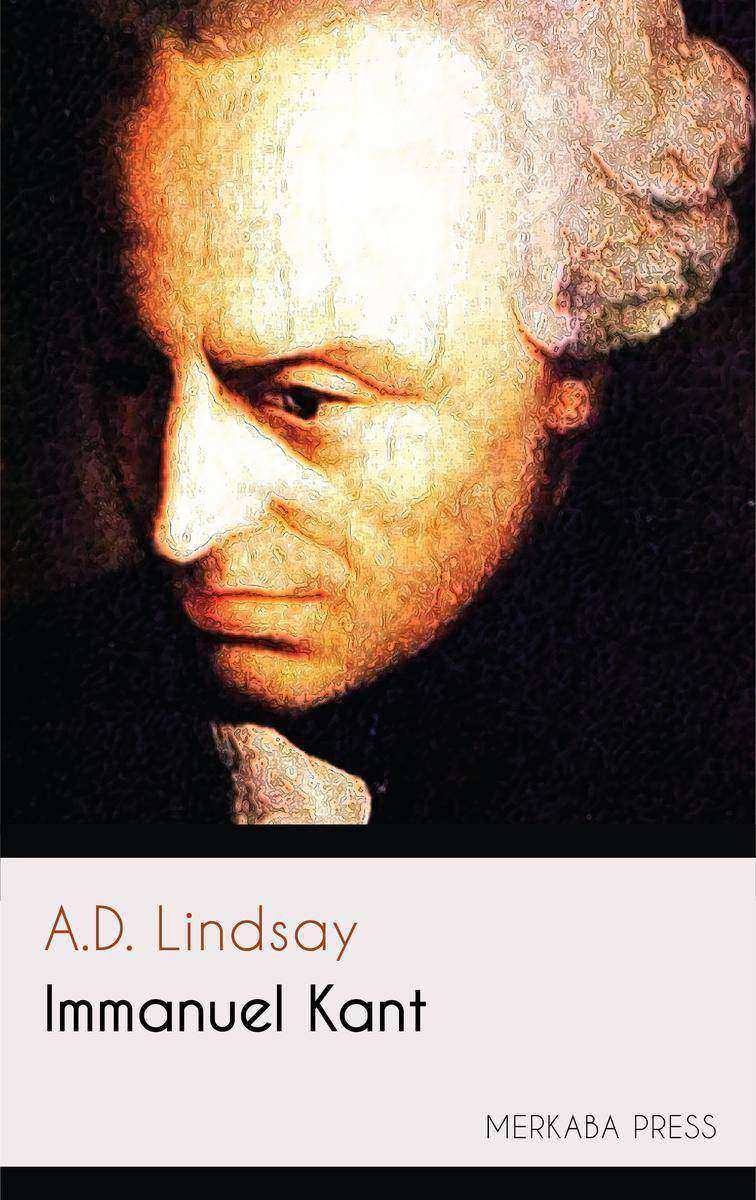
Immanuel Kant
¥8.09
Immanuel Kant
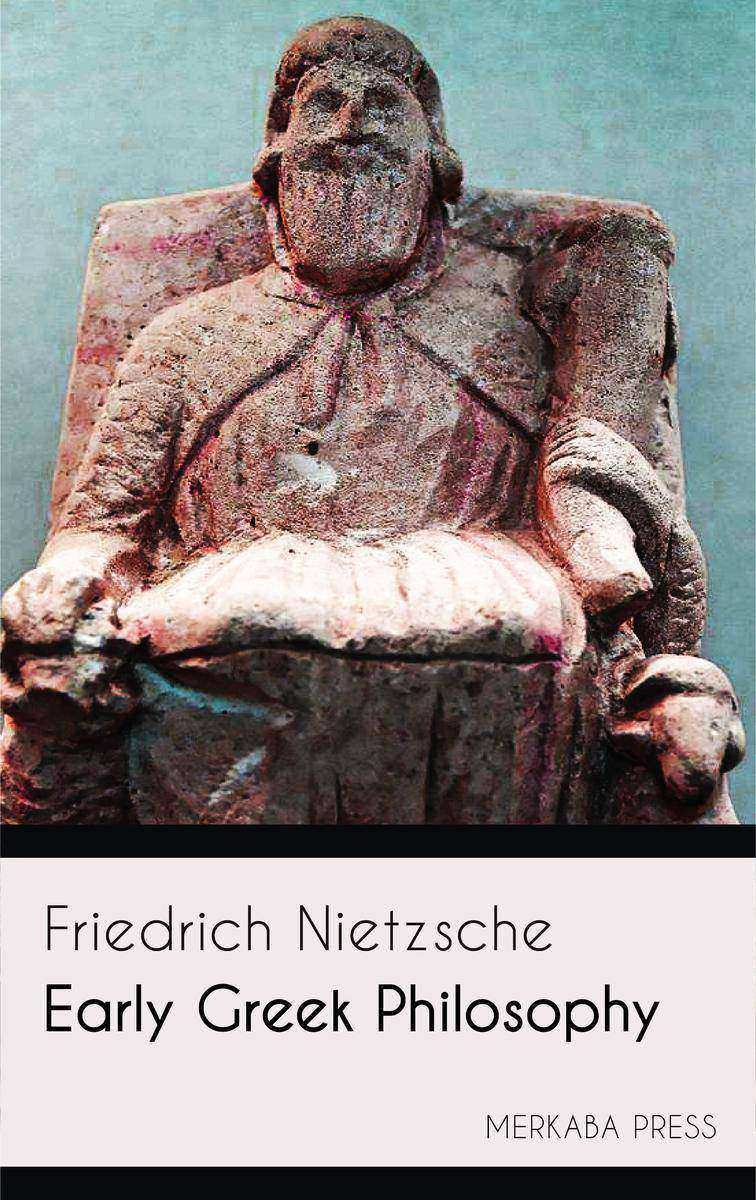
Early Greek Philosophy
¥8.09
Early Greek Philosophy
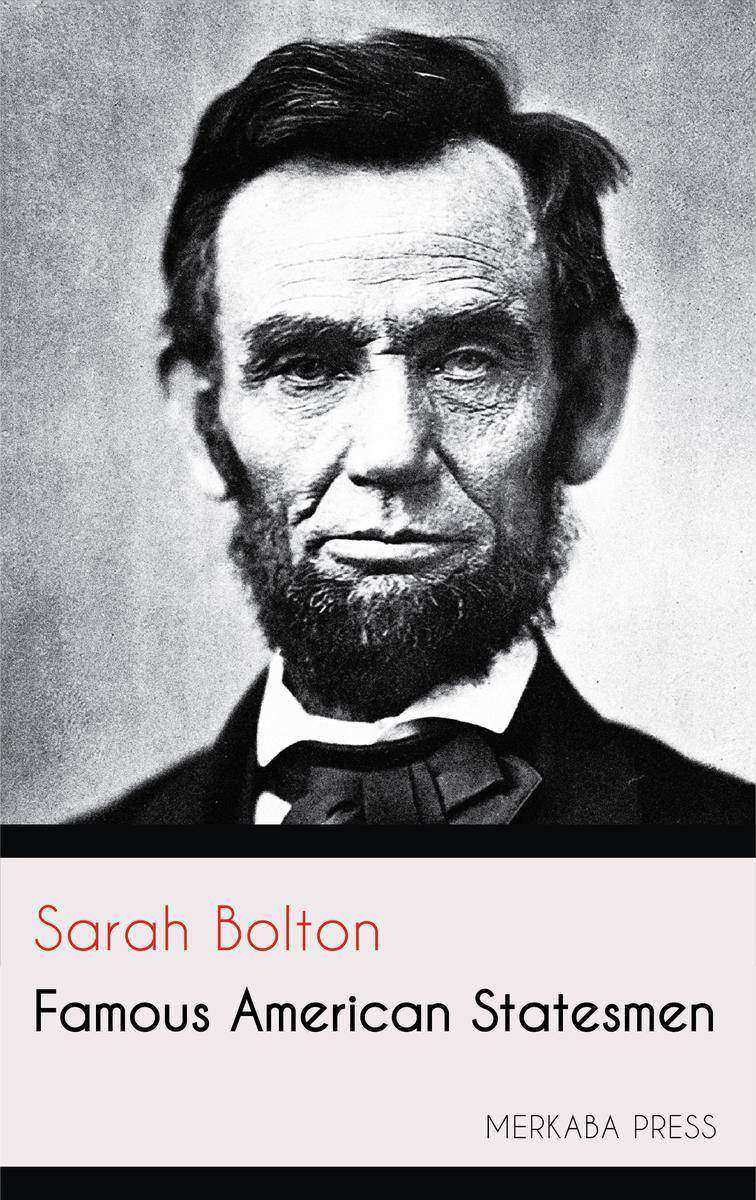
Famous American Statesmen
¥8.09
Famous American Statesmen
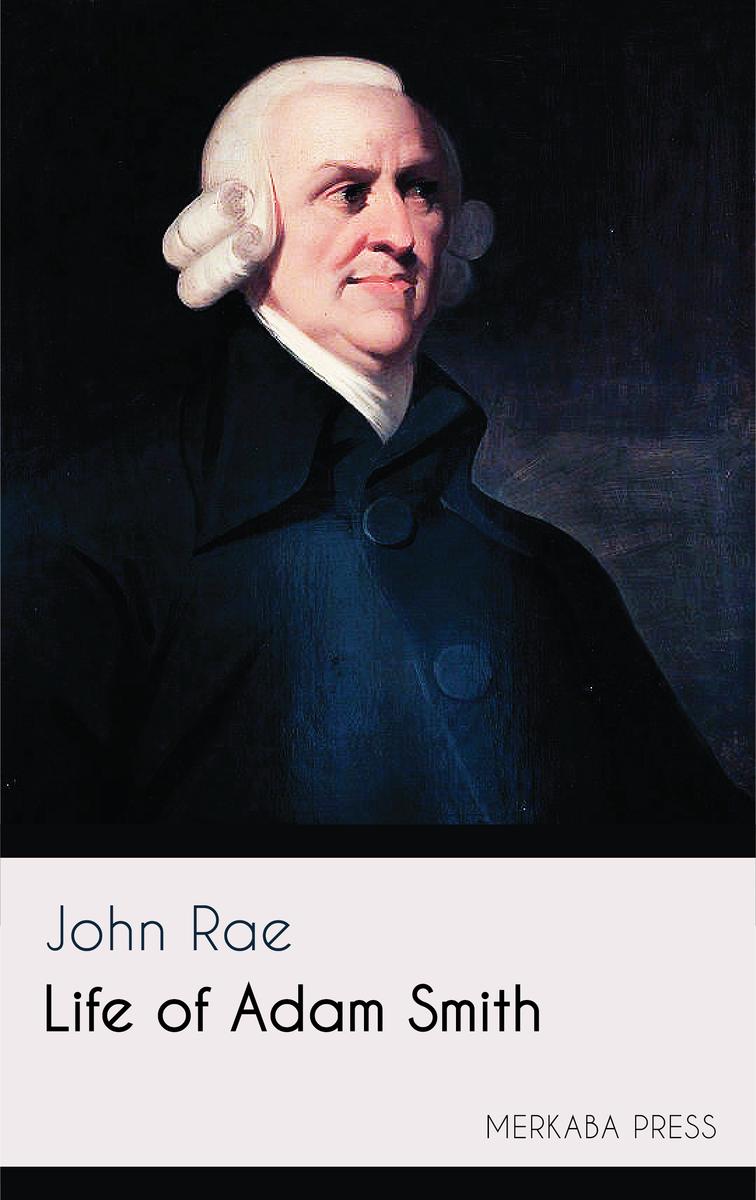
Life of Adam Smith
¥8.09
Life of Adam Smith
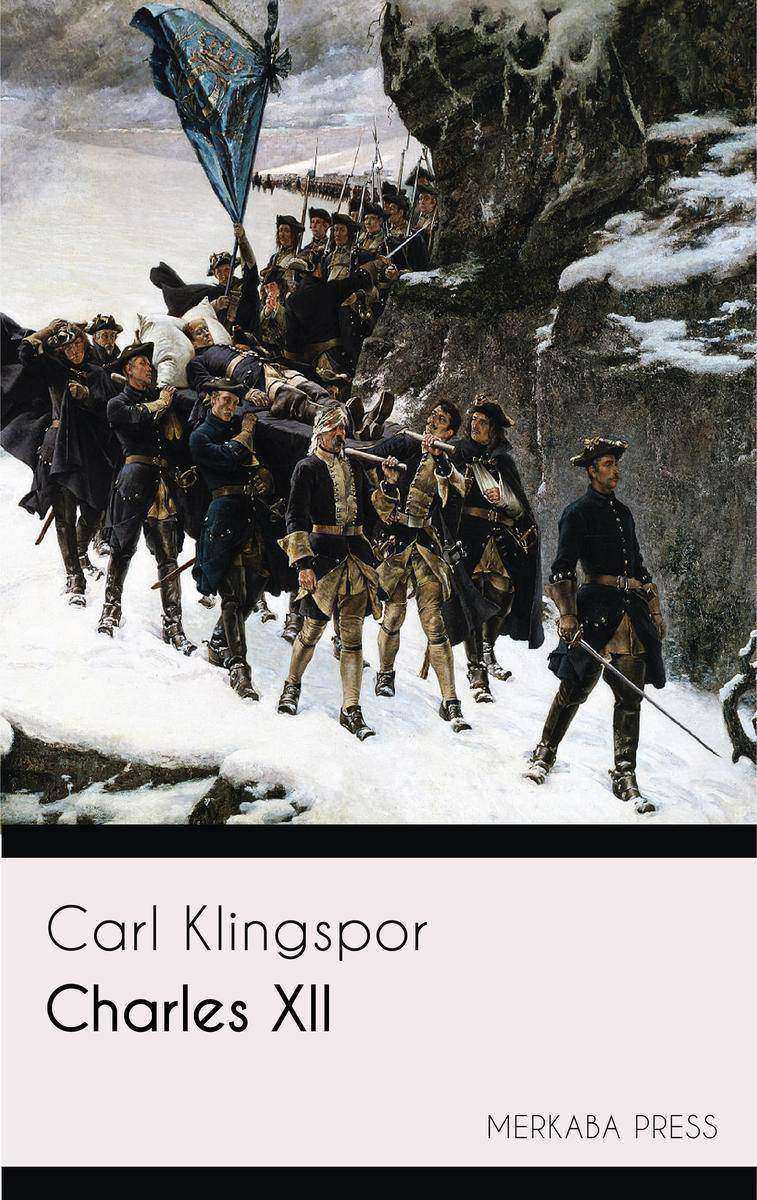
Charles XII
¥8.09
Charles XII




 购物车
购物车 个人中心
个人中心



